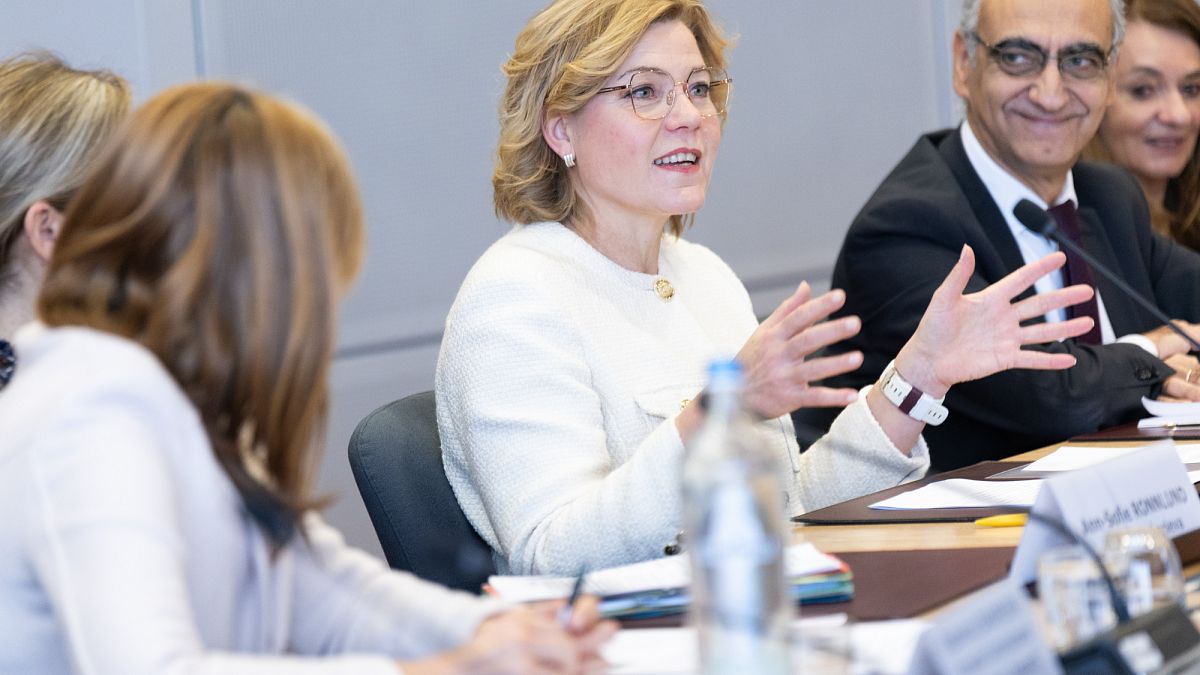The European Commission hasn’t yet found a lead scientific adviser for its AI Office despite receiving “dozens of applications”, and the rules on General-Purpose AI (GPAI) kicking in on 2 August.
The recruitment process is still ongoing despite the job vacancy being opened between November and December last year, a senior official working at the AI Office told Euronews.
The adviser’s role will be to “ensure an advanced level of scientific understanding on General-Purpose AI (GPAI).”
“They will lead the scientific approach on General-Purpose AI on all aspects of the work of the AI Office, ensuring scientific rigor and integrity of AI initiatives,” the ad said, adding that “they will particularly focus on the testing and evaluation of General-Purpose AI models, in close collaboration with the ‘Safety Unit’ of the AI Office.”
Code of Practice
The Commission’s work on the GPAI – such as large language models like ChatGPT – is also still ongoing: the 2 May deadline for publication of the voluntary Code of Practice on GPAI, which should help providers of AI models comply with the EU’s AI Act, was not met.
The EU executive appointed thirteen experts last September, using plenary sessions and workshops to allow some 1,000 participants to share feedback.
An official told Euronews the process is delayed because the Commission “received a number of requests to leave the consultations open longer than originally planned.”
The previous texts were criticised by publishers about the interplay with copyright rules, and from US Big Tech companies about “being restrictive” and burdensome to innovation.
Thomas Regnier, a Commission spokesperson on digital matters, said at a press conference on Friday that the aim is to publish the latest draft “before the summer”. On 2 August, the rules on GP AI tools enter into force.
The AI Act itself – which regulates AI tools according to the risk they pose to society – entered into force in August last year. Its provisions apply gradually, before the Act will be fully applicable in 2027.
EU national
The Commission said it would prefer a candidate from a European country for the lead scientific advisor role.
In 2023, the EU executive was criticised for appointing US national Fiona Scott Morton as chief economist. This post would have given her a say in any fines or sanctions imposed on Big Tech firms, the US digital giants, under the EU’s digital markets rules.
The Commission said in response that EU rules allow all institutions, under certain conditions, to employ non-EU staff members based on the needs of the service.
Scott Morton ultimately withdrew from her appointment after a political backlash including criticism from French President Emmanuel Macron about the choice of a non-EU candidate for the role.
The Commission’s AI Office is planning to grow to 140 full time positions by the end of this year: up from 100 currently.

